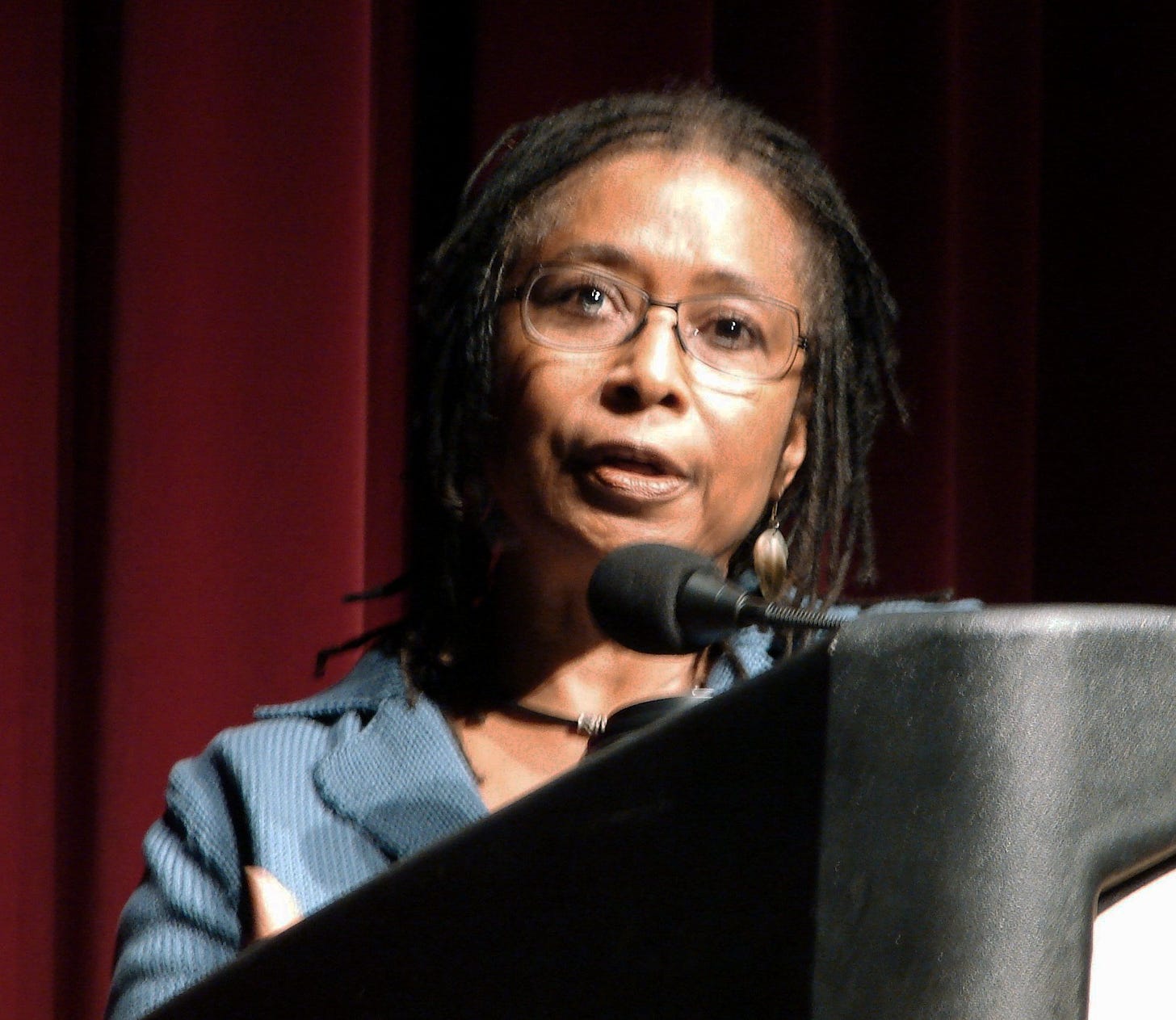The New York Times Accidentally Uncritically Promoted an Anti-Semite -- Again
How the paper's refusal to amend an anti-Semitic interview misled one of its own podcasters

In December 2018, the New York Times published an infamous interview with celebrated author Alice Walker in which she recommended an unhinged anti-Semitic book that claimed Jews funded the Holocaust and control the KKK.
This week, YouTube and Facebook banned the author of that book after he blamed the coronavirus on the Jews.
Also this week, Alice Walker got another uncritical premier platform where she wasn't challenged about her history of anti-Semitism--a New York Times podcast.
Today in Tablet, I explain how this happened and how we can stop it from happening again:
How could outlets do better when covering problematic but insightful characters like Walker? To begin with, do not give these people uncritical platforms. This is not the same as saying not to give them any platform. Human beings are complicated and broken, and great wisdom can coexist with great bigotry in the same soul. If outlets want to tap into the good, they need to make readers aware of the bad. Any interview or profile with an individual guilty of prejudice or other misconduct should be foregrounded with the problematic aspects of the subject’s history. Moreover, if the individual is unrepentant about their behavior like Walker, they should be asked every time about it, and given a chance to either own up or obfuscate. For instance, earlier this week, Walker posted Icke’s anti-Semitic conspiracy theorizing about the coronavirus on her blog. That should not go unchallenged. As Times media columnist Ben Smith put it to me when we discussed the general issues involved, “I am generally in favor of asking the most awkward question all the time.”
Last day to support my music album!
In other news, today is the final day of my crowdfunding campaign for my album of original Jewish music. Listen to the first two songs off the project and contribute if you can here. Thank you.



